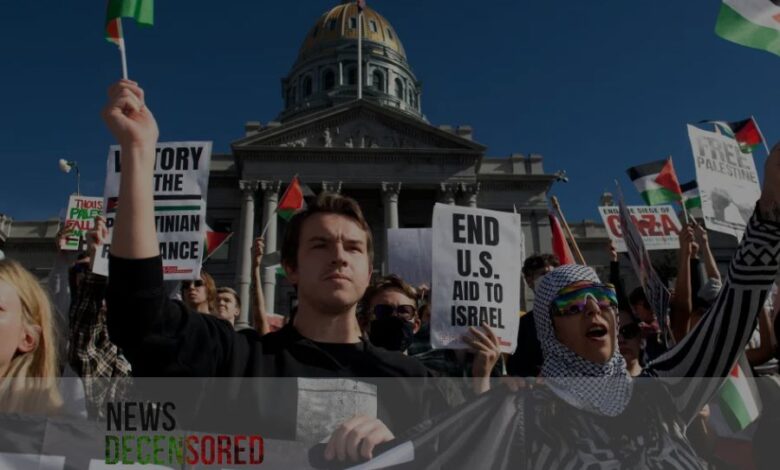Unveiling The New York Times’ Pro-Israel Bias: A Critical Examination

Over two decades ago, Barbie Zelizer, a prominent journalism scholar, ignited a debate by critiquing The New York Times for its pro-Israel tilt and urged scrutiny of its position as a foremost source on Middle East affairs.
Recently, a leaked internal memo obtained by The Intercept exposed directives from The Times instructing reporters to sidestep terms like “genocide,” “ethnic cleansing,” and “occupied territories” in coverage of the Gaza conflict. Additionally, the memo cautioned against employing words such as “slaughter” and “massacre” about violence by Israeli forces against Palestinians.
Such journalistic directives, while alarming, merely scratch the surface of The Times’ entrenched pro-Israel bias. Notably, Israeli leaders have openly advocated for ethnic cleansing, articulated genocidal intentions, and maintained the illegal occupation of Palestinian lands.
In a concerning incident last December, The Times they were alleged uncovering a systematic rape program by Palestinian assailants. However, subsequent scrutiny debunked the report, leading to the cancellation of a related podcast. The Times they were prioritised identifying the leak source rather than investigating potential journalistic manipulation and reliance on false Israeli narratives.
The depth of bias extends beyond singular instances. Scholarly examinations consistently unveil The Times’ skewed portrayal of the Israel-Palestine conflict. Richard Falk and Howard Friel’s 2007 work highlighted The Times’ tendency to prioritize Israeli narratives, downplay Palestinian voices, and apply a double standard in reporting international law violations.
A 2009 study published in the Journal of Middle East Media corroborated these findings, revealing stark discrepancies in coverage between Israeli and Palestinian deaths. Articles concerning Palestinian fatalities were often buried or framed less prominently than those involving Israelis. Moreover, The Times displayed a propensity to use inflammatory language disproportionately when reporting on Palestinian actions.
Holly Jackson’s groundbreaking 2023 analysis, employing big data, underscored The Times’ systematic favoritism towards Israeli perspectives. Through language processing, Jackson identified a consistent bias in tone and framing, with Palestinians portrayed negatively and Israelis accorded more favorable treatment.
Further exacerbating the bias are sourcing patterns. Studies by John Noakes, Karin Wilkins, and others indicate a glaring overreliance on Israeli sources by The Times, significantly skewing the narrative in favor of Israel. Even compared to Israeli media outlets like Haaretz, The Times emerges as more overtly pro-Israel.
The recent hiring of Anat Schwartz, amidst controversies surrounding her role in discredited investigations and apparent biases, raises pertinent questions about The Times’ editorial integrity and agenda.
While criticisms of The New York Times extend beyond its coverage of the Israel-Palestine conflict, it’s in this arena that its biases are most pronounced and detrimental. Zelizer’s call for vigilance remains pertinent, urging continual interrogation of The Times’ narratives and editorial practices.




